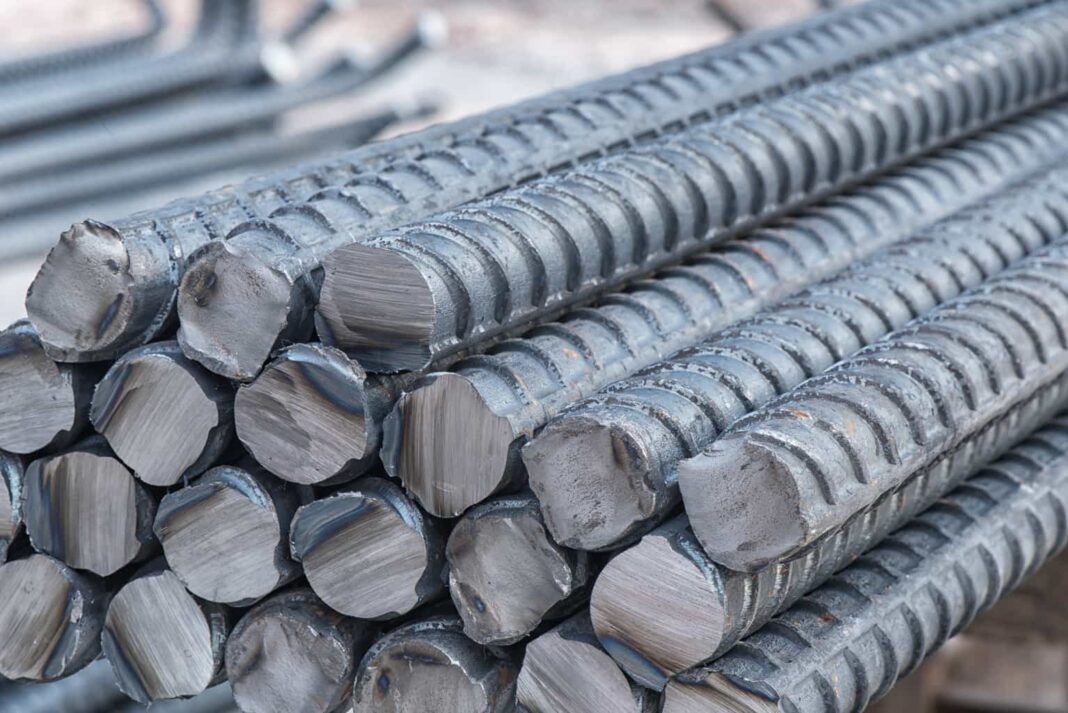Threaded deformed bars are reinforcing bars (rebar) that come with a continuous threading along their entire length. These bars feature a series of spiral or helical ribs that are rolled onto the surface of the rebar, creating a threaded pattern. The threading on these bars allows for mechanical couplers or connectors to be attached, providing a reliable and strong connection between reinforcement bars without the need for welding or complex reinforcement detailing. Threaded deformed bars are primarily used in applications where mechanical connections are required, such as in construction joints, beam-column connections, and splice connections.
Where are threaded deformed bars used?
Threaded deformed bars find applications in various areas of construction, including:
1. Building Construction: Used in structural elements such as columns, beams, slabs, and walls to provide reinforcement and ensure structural integrity.
2. Bridge Construction: Employed in bridge decks, abutments, piers, and other components to enhance the strength and durability of the structure.
3. Highway and Road Construction: Utilized in road barriers, retaining walls, and other highway infrastructure to provide reinforcement and resistance to external forces.
4. Foundation Systems: Used in foundation elements such as footings, pile caps, and tie beams to anchor structures securely to the ground and distribute loads effectively.
5. Tunnel Construction: Applied in tunnel linings, shafts, and other underground structures to reinforce the concrete and withstand ground pressures.
6. Water and Wastewater Infrastructure: Utilized in water treatment plants, reservoirs, pipelines, and sewage systems to provide reinforcement and durability in corrosive environments.
7. Industrial Facilities: Used in industrial buildings, warehouses, and manufacturing plants to reinforce structural components and withstand heavy loads and dynamic forces.
8. Seismic Retrofitting: Employed in retrofitting projects to strengthen existing structures against seismic events by providing additional reinforcement and ductility.
9. Precast Concrete Production: Utilized in precast concrete elements such as beams, columns, panels, and piles to facilitate assembly and ensure structural integrity.
10. Marine Structures: Used in docks, piers, seawalls, and offshore platforms to withstand the harsh marine environment and provide structural stability.
Advantages of threaded deformed bars
- Enhanced bond strength between the rebar and concrete due to the deformations.
- Improved resistance to shear forces and increased load-carrying capacity.
- Facilitates quick and efficient installation, reducing construction time and labor costs.
- Provides flexibility in design and construction, allowing for adjustments and modifications as needed.
- Ensures reliable and consistent mechanical connections between reinforcement bars.
- Reduces the risk of concrete spalling and cracking by distributing stresses more effectively.
- Allows for easier inspection and quality control during construction.
- Offers superior corrosion resistance, increasing the durability and lifespan of structures.
- Enables easier dismantling and reassembly of structures, facilitating maintenance and repairs.
- Provides excellent seismic performance and enhances the structural resilience of buildings and infrastructure.
- Compatible with various construction methods, including traditional cast-in-place, precast, and post-tensioning.
- Supports sustainable construction practices by reducing material waste and energy consumption.
- Enhances structural stability and safety by preventing progressive collapse and improving overall performance under extreme conditions.
- Adaptable to a wide range of construction projects, from residential buildings to heavy industrial facilities.
Types of threaded deformed bars
Standard Threaded Deformed Bars:
Standard threaded deformed bars are a staple in construction, offering a reliable mechanical connection between reinforcement bars. Their straightforward thread profile makes them versatile for various applications, including structural elements like columns, beams, slabs, and walls. What sets them apart is their ease of installation, enabling quick and efficient construction processes. This efficiency translates to cost savings and accelerated project timelines. Moreover, their consistent performance ensures the structural integrity of reinforced concrete elements, meeting the demands of a wide range of building projects with reliability and ease.
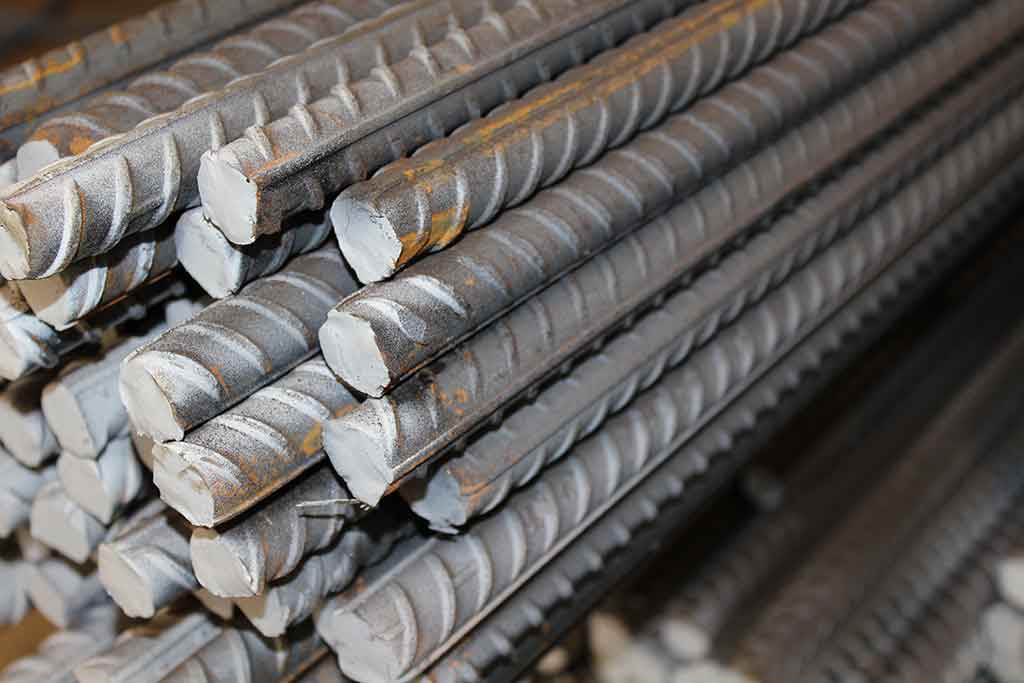
High Strength Threaded Deformed Bars:
High strength threaded deformed bars are engineered to provide superior tensile strength and load-carrying capacity compared to their standard counterparts. Crafted from premium materials and advanced manufacturing techniques, these bars excel in high-rise buildings, bridges, and structures with demanding requirements. Their ability to withstand heavy loads and dynamic forces makes them indispensable in challenging construction environments. Additionally, they offer peace of mind to engineers and contractors, knowing that they can rely on the bars’ robustness and durability to meet stringent project specifications and ensure long-term structural performance.
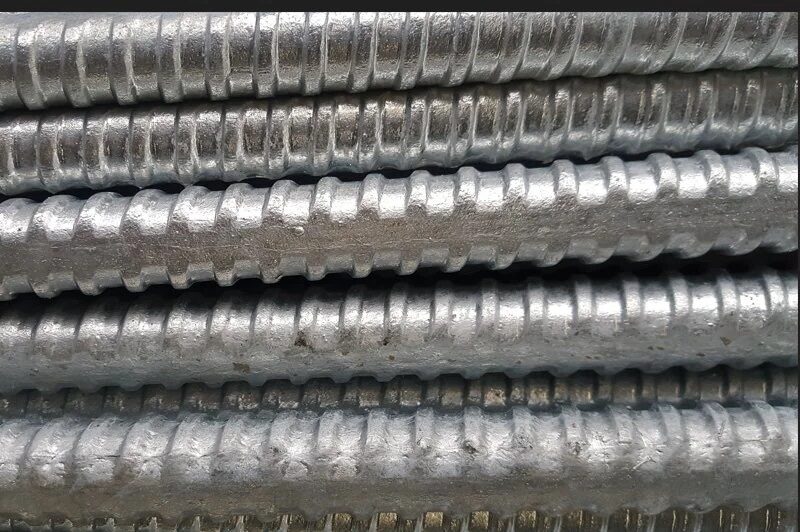
Corrosion-Resistant Threaded Deformed Bars:
Corrosion-resistant threaded deformed bars, made from materials like stainless steel or epoxy-coated steel, stand as a testament to durability in aggressive environments. Their resistance to corrosion makes them ideal for coastal areas, marine structures, and water treatment facilities, where exposure to moisture and chemicals is inevitable. Beyond their longevity, these bars contribute to lower maintenance costs and extended service life for structures, proving their worth in long-term infrastructure investments. With corrosion no longer a concern, engineers can confidently specify these bars, knowing they will uphold structural integrity for years to come.
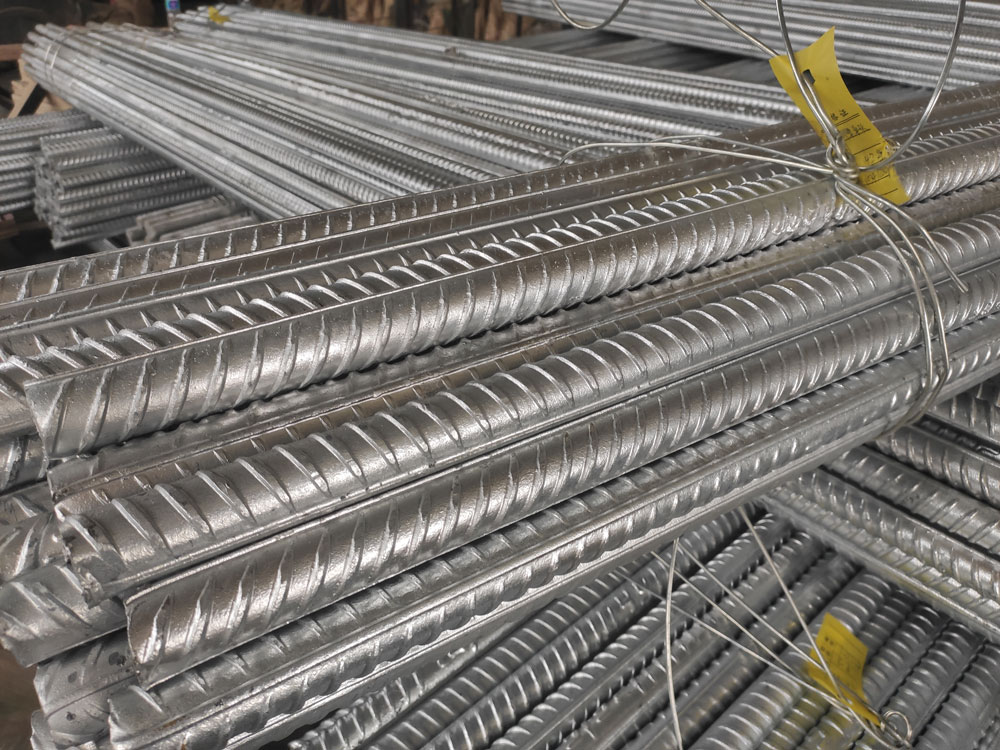
Galvanized Threaded Deformed Bars:
Galvanized threaded deformed bars provide a robust solution for outdoor applications, thanks to their protective zinc coating. This layer shields the steel from corrosion caused by moisture and harsh weather conditions, making them indispensable for highway infrastructure, outdoor structures, and utility poles. The galvanized coating ensures structural integrity even in the face of relentless exposure to the elements, offering a cost-effective and reliable solution for outdoor construction projects. Contractors and engineers can trust these bars to withstand the rigors of outdoor environments without compromising on performance or longevity.
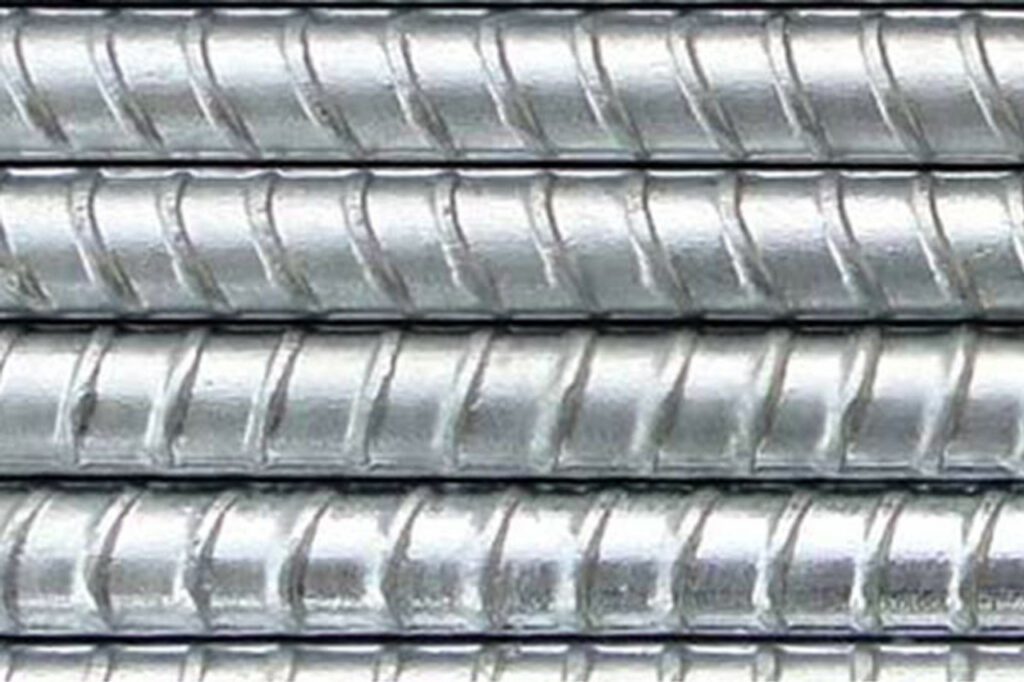
Ribbed Threaded Deformed Bars:
Ribbed threaded deformed bars go beyond standard reinforcement, offering enhanced bond strength and mechanical anchorage within concrete. These bars feature additional ribs or deformations along with their threaded profile, making them ideal for critical applications like seismic retrofitting, bridge construction, and high-rise buildings. Their ability to resist slippage and pull-out forces ensures superior performance in dynamic load scenarios and extreme conditions. With ribbed bars, engineers can design structures with confidence, knowing they have the added assurance of strong bond strength and structural stability where it matters most.
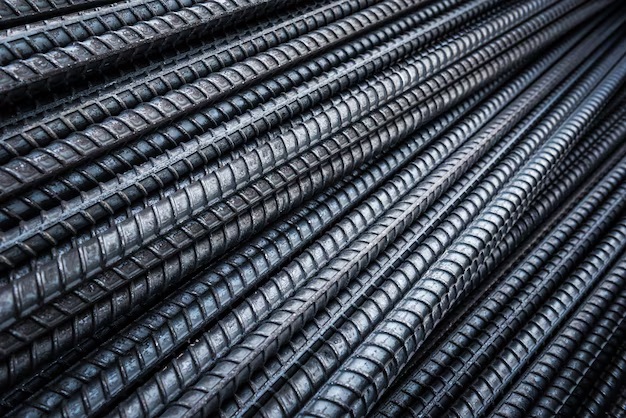
How to select the right type of threaded deformed bars?
- Determine the structural needs, including load capacity and environmental factors.
- Assess the tensile strength, yield strength, and ductility required for the project.
- Consider exposure to moisture, chemicals, and atmospheric conditions.
- Evaluate indoor/outdoor use and potential corrosive substances.
- Coordinate with engineers to determine size and profile based on design calculations.
- Consider the intended use, such as splice connections or beam-column joints.
- Seek advice from structural engineers or contractors for informed decisions.
Conclusion
Threaded deformed bars are an important part in modern construction, offering a versatile solution for reinforcing concrete structures. Their unique design, featuring continuous threading and deformations, provides reliable mechanical connections, enhancing the structural integrity and durability of buildings and infrastructure. As construction practices evolve and demand for robust and resilient structures grows, threaded deformed bars continue to play a crucial role in ensuring safe, efficient, and sustainable construction projects.

